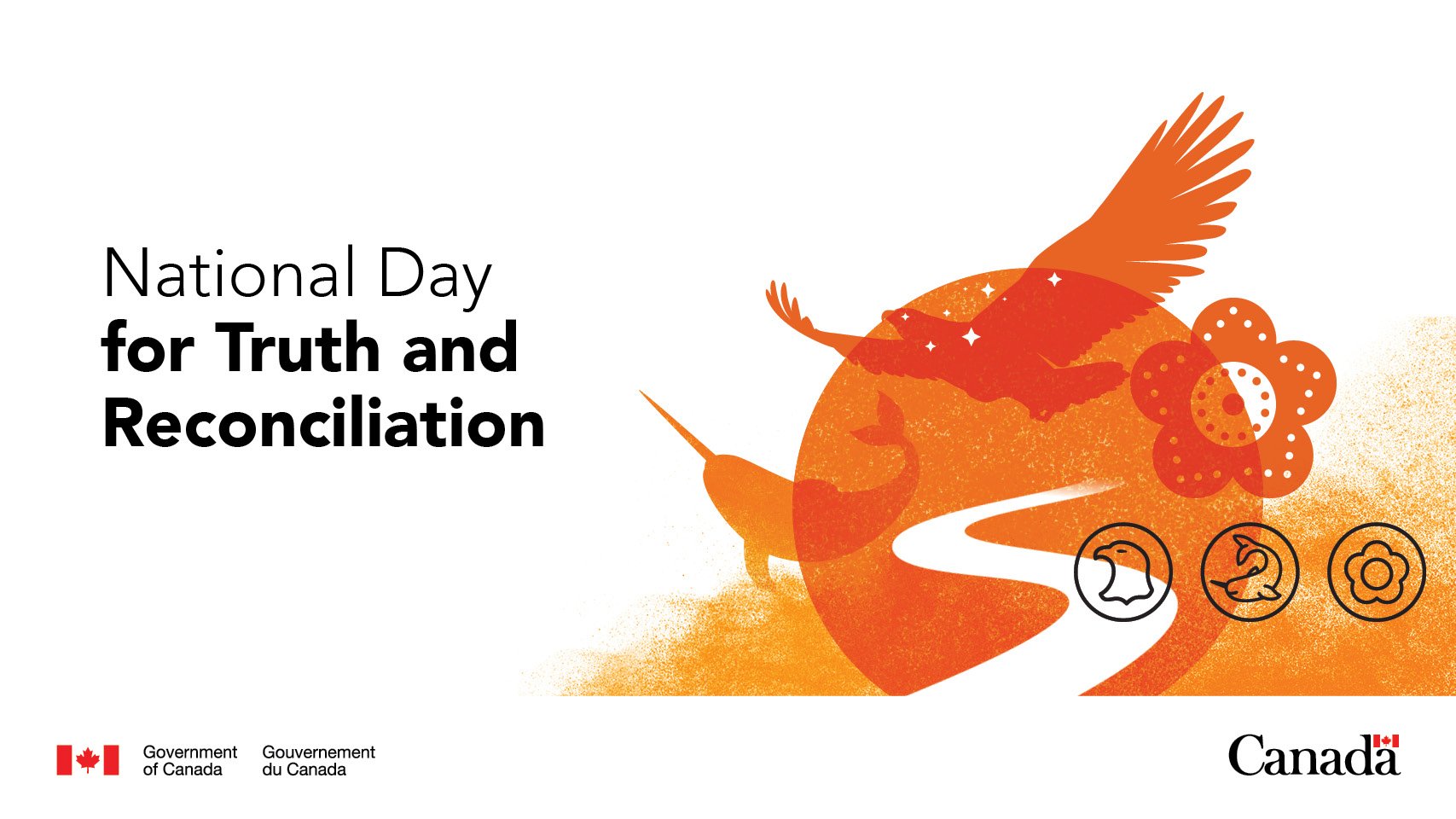[W]hat if—when it comes to at least some forms of Indigenous thinking—the concept of rights is the wrong framework altogether?
Read More“…it’s precisely this concentration of power that an Equity Sequence® mindset challenges you to call into question—whether that concentrated power is brought about by economic policies that increase wealth inequality; by racial or cultural dynamics that breed paternalistic attitudes; by status-worship social habits that foster deference to celebrity gurus as sources of authority; or by elite-educated, tech-bro networks that lead to insular thinking.”
Read MoreBeyond the practical application of integrating the Sequence™ into their work, I also talked to David about the importance of making conversations about inequality—and especially racial injustice—easier to have, at least as a starting point. Because the truth is, we all talk about needing to have uncomfortable conversations. But getting from the needing to the having…well, there’s the rub.
Read More“I’m not trying to change the hearts and minds of all my colleagues,” she said, “Would I like to? Sure. But my vision is that those already inclined to agree will be on board first. And slowly it will trickle down.”
“As a social studies teacher,” she pointed out, “I know that’s the evolution of our country.”
Read MoreFar from thinking about D&I as a siloed business objective — something you take into consideration only during the hiring process, or when you’re planning D&I — he likes the fact that you can invoke the Equity Sequence™ at any given decision-making moment.
“I’m not necessarily conscious of it every day,” Daniel acknowledged. “But it’s there in your brain. And it comes back to you in key moments.”
Read MoreHaving completed the training (along with his staff), Ian has adopted a take-it-and-run-with-it energy, applying the Equity Sequence™ toward as many aspects of the program’s processes as he can. Toward recruitment. Toward admissions. And toward the curriculum.
Is a traditional science degree truly a necessity toward becoming an effective clinician? If a Black or Indigenous candidate were to come to an interview with a panel of all-White physicians, would their level of ease be the same as a White candidate’s? Does the four-year GPA average disadvantage students who might get off to a slow start but end up academically strong? All this questioning has led their task force to make tangible, measurable, concrete changes to the program.
As extremes of economic inequality, exacerbated by the pandemic, make it impossible to imagine simply going back to business as usual, the viral spread of far-right extremism and escalating nativist rhetoric make it hard to shake off a sense of foreboding.
We need to address head-on, rather than dance around, the parallels between White nationalist groups on the one hand, intent on maintaining the current power structure or even returning it to an outdated past, and the kind of uneasiness and resistance you still find in the professional world; the academic; the world of arts and entertainment; and countless others, toward the idea of expanding equity and disrupting or challenging an existing power dynamic in the process.
Bias training wasn’t created by people with experiences of discrimination and prejudice.
It wasn’t created by folks who were passionate about making a wave that would change the landscape and ultimately create a more equal world.
It wasn’t designed to actually work.
Read MoreWhat we need to recognize is that the many manifestations and expressions of inequity are as numerous and as unique as the individuals who experience them. Only inequity itself if ubiquitous.
Read MoreTrying to quash biased decision-making with unconscious bias training is like sending someone into a mole-infested football field, blindfolded, with a mallet, to play whac-a-mole.
Read MoreSo - this is my call for all the #changemakers: don’t wait for a budget, don’t wait for buy-in. Start innovating, start using strategies proven to work, and then try, and maybe even fail, then try again, and then keep going, for as long as you can. Until you’ve got something that’s working, even if only a little bit. Then refine what you’re doing. Then refine it some more. Then invite others to join you. So we can all make a ruckus, together.
Read MoreJob interviews are like first dates: good impressions count, awkwardness can occur, and outcomes are unpredictable.
But job interviews shouldn’t be like first dates. If your organization is looking to hire right the first time, consider evolving (and debiasing) your hiring practices.
Read MoreMany decision-makers are particularly susceptible in crisis situations to making mistakes and bad decisions due to overconfidence, excessive risk taking, and conscious and unconscious biases of all kinds.
Read MoreSo, let me say again, if your female founder support program (or event or bootcamp or network, or what have you) doesn’t educate women about the gender inequality of the VC ecosystem, you’re setting them up to fail.
Read MoreContrary to popular belief, a good question in an equality context is not one that requires prior knowledge in the terminology of diversity and inclusion. It certainly shouldn’t require a Masters degree in feminist or gender studies to understand it, and shouldn’t require a corresponding thesis to answer it.
Read MoreAsking questions - the right question, first - may be the most effective antidote to resistance around diversity, inclusion and equality, and its biggest aid.
Read MoreWhy do I care? Because (in the US) more than $10B is invested annually, and that’s a LOT OF MONEY. Some of that is public money!
Public money being spent by public schools, public education institutions, health institutions… in many cases, organizations that aren’t flush with the cash that Fortune 500s wield.
Read More














![Change starts with good questions [Part 2]](https://images.squarespace-cdn.com/content/v1/5d839357cc93cb05b54a267b/1584484143124-ZE5DSQW4G8UG3MGFWBN0/linkedin-sales-navigator-W3Jl3jREpDY-unsplash.jpg)

